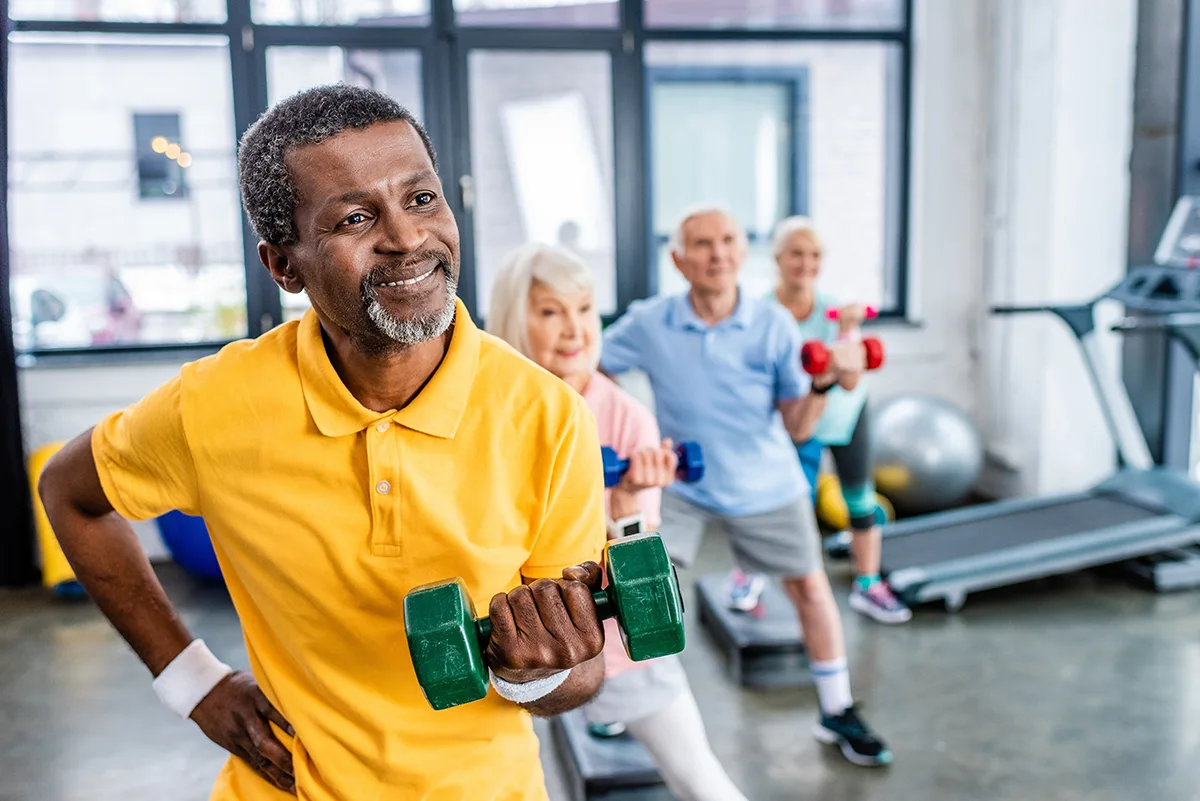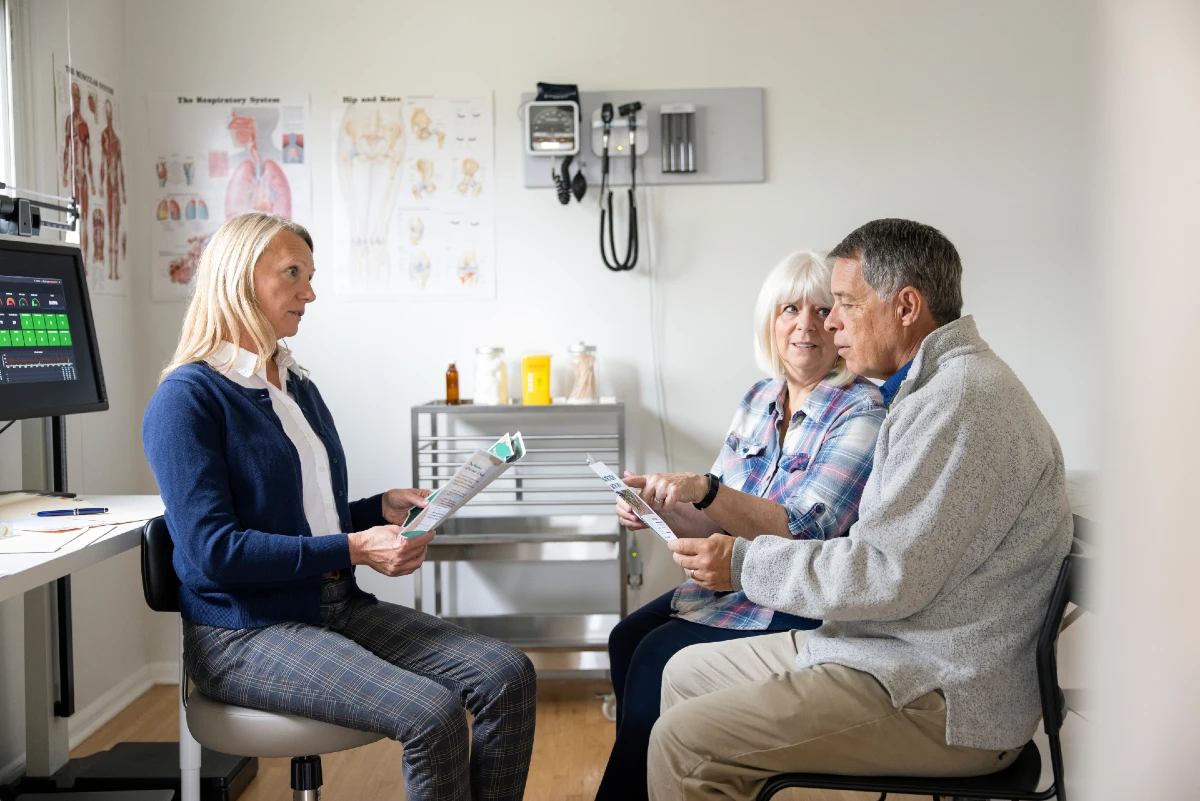We use cookies to help provide you with the best possible online experience.
By using this site, you agree that we may store and access cookies on your device. Cookie policy.
Cookie settings.
Functional Cookies
Functional Cookies are enabled by default at all times so that we can save your preferences for cookie settings and ensure site works and delivers best experience.
3rd Party Cookies
This website uses Google Analytics to collect anonymous information such as the number of visitors to the site, and the most popular pages.
Keeping this cookie enabled helps us to improve our website.
The Pinn Piper Newsletter
Spring 2024
News about The Pinn Medical Centre and the Patient's Association
“I have chosen to be happy because it is good for my health” - Voltaire
Welcome to our NEW FORMAT!
by Polly Angel - your new Editor
In this issue
Activities provided by PMCPA
Healthsense PCN
Mental Health
“A Day in the Life”
Please join us! We need you!
Send your name and contact details to: contact@pinnpatients.org or use the link via the Patient Participation Group tab on the Pinn website or use the PPG Online form
We hope you find this edition useful. Please let us have any comments or suggestions for topics for future issues via email: contact@pinnpatients.org
We provide the following for all patients of the Pinn Medical Centre - Helping you to stay healthy
Activity |
Location |
|---|---|
| Mobility Class | Pinner Methodist Church - Love Lane |
| Carer's Group | Pinn Medical Centre - Conference Room |
| Computer Class | Pinn Medical Centre |
| Yoga Class | To be confirmed - please book your place |
Please contact: kevin@pinnpatients.org or 07870 487 878
The Personalised Care Team
Introducing the non-clinical personalised care team across Healthsense PCN (primary care network/group of 7 GP surgeries, which the Pinn Medical Centre is part of). This team includes Social Prescribers, Health and Wellbeing coaches and care co-ordinators. Our team engage in meaningful conversations with individuals, to understand “What matters to you?”
What are Health and Wellbeing coaches?
Health coaches are experts in behaviour change, working in a person-centred way – they are
not directive or prescriptive and they do not give clinical advice. They focus on prevention and
early intervention.
- Working with people to set personalised goals to improve wellbeing
- Increase motivation and commitment to make changes to their lifestyle
- Advocate exercise and fitness to reduce stress and anxiety, for weight management and
- recently diagnosed with pre-diabetes.
What are Social Prescribers?
These are non-clinical, personalised care roles. They give people time, focusing on ‘what matters to me?’ to support people to take control of their health and wellbeing.
They connect and signpost people to:
- Activities, groups, and services in the community that may benefit them
- Help with housing issues
- Connect them with voluntary services and charities to address the practical, social andemotional needs that affect health and wellbeing.
What are Care Co-ordinators?
They work to analyse well the needs of each individual patient to analyse what they need and how they could best receive help, from clinical care to how their social interactions support their wellbeing.
- Support the vulnerable, the frail or others with health inequalities, and help co-ordinate support across the health system. They help the patient access the right services and
- resources at the right time.
- Reduce stress and anxiety for those who have difficulty understanding their condition and what to do next to get help
- Prepare people for upcoming appointments and conversations about their health and care, facilitating choice.
What to do next?
If you or someone you know would benefit from one of the services, please contact your GP surgery and request an appointment with a member of the Personalised Care Team.
From the Desk of Dr Deepen Patel: Tips for Good Mental Health & Wellbeing
Mental health plays an important role in our daily lives. It affects our ability to look after ourselves in the best way possible whilst affecting how we feel. Having good mental health can help us to be calm, offering comfort when we are faced with difficulties such as when we are upset, coping with loss or changes and uncertainties in life. We can all do things to help our mental health. Here are 5 simple things you can do for
better mental health:
1. Start a daily or weekly gratitude journal: Gratitude can help increase your happiness and wellbeing. Here are some prompts of things you could write about in your gratitude journal:
- A supportive friend or family member who has been there for you.
- A memorable experience or event that brought you joy or happiness.
- Something you learned that was meaningful or helpful.
- The beauty of nature, such as a stunning sunset or a blooming flower.
- A personal accomplishment or achievement you feel good about.
2. Start writing your thoughts and feelings in a diary
- Write down all the emotions and things that happened during the day into the diary as it flows out of your mind and onto paper. Doing so can help prevent overthinking.
3. Take up meditation or mindfulness
- With your eyes closed, simply breathe in while saying "breathe in" in your head as you do. Then breathe out and say "breathe out". For the next 20 minutes or so, your aim is to focus on this circular breath and the simple words in your head as much as possible.
- Mindfulness is being deliberately aware of your body, mind, and feelings in the present moment, in order to create a feeling of calm.
4. Perform a random act of kindness for a stranger
- Research shows that helping others can be good for our mental health. It reduces stress, improves our emotional well-being and even benefits our physical health
5. Exercise regularly to reduce stress and anxiety
- Physical activity has huge potential to enhance our well-being. Even a short burst of 10 minutes brisk walking increases our mental alertness, energy and positive mood.
- Participation in regular physical activity can increase our self-esteem as well as reduce stress and anxiety. It also plays a role in preventing the development of mental health problems and in improving the quality of life in people who are experiencing mental health problems
Why not give it a go? Try and see if you can try and incorporate one of the above in your daily life and see the positive impact it can have on your mental health and wellbeing.
A Day in the Life of a GP Receptionist Karen Knopf
Hi! I am the reception manager at The Pinn Medical Centre. I have been working here for 14 years and spent the first 9 years in reception working mainly full time before I moved up the ranks to my current role.
The words “GP Receptionist” conjure up a nightmare for most people. They are the people who hold the power over doctors’ appointments, aren’t they? They are the ones who ask personal questions over the phone, (why would you want to explain what is wrong with you to a total stranger?), and yet they are the first person to greet you, hopefully with a smile, when you come into the surgery. Historically, GP
Receptionists seem to receive a bad press; however, I will try to shed some light as to what the role entails.
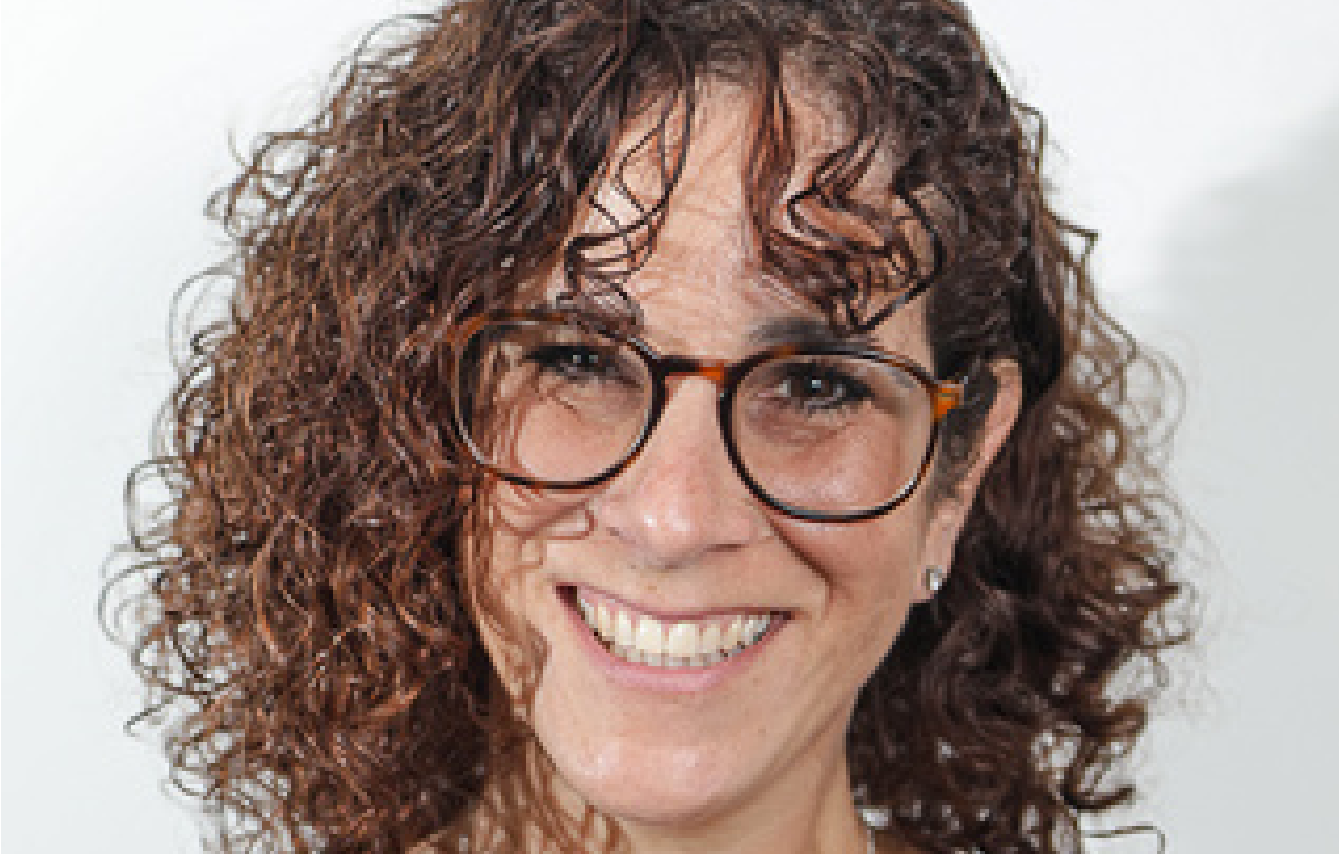
Firstly, and genuinely, receptionists want to give you an appointment if one is needed. PATCHS is the service we have for appointments, which I am sure you know how to access by now, and if not, then any receptionist can help you with requesting an appointment. We can of course also make appointments for Nurses, Healthcare Assistants, blood tests, chase things and leave messages for doctors, if appropriate.
On arrival every morning, it is our duty to open up the surgery and start preparations for the day. We allocate the rooms for clinicians and ensure the surgery and reception area is ready
for patients.
Our receptionist role involves working in several areas, each of which usually has 2 people working. Firstly, there is the front desk. This is our “Meet and Greet”, where we check you in for appointments. This seems straightforward, you’d think, however, I am sure that you have all stood in a queue wondering what is taking so long? What you need to remember is that there are many different clinics run here every day and when a patient comes to the front desk and says they have an appointment, but don’t know who it is with, it may take a few minutes to figure out where to direct them. We have appointments held here for our patients from The Pinn, for Harrow Health consultants, for patients sent here by other GP surgeries in Harrow for acute illness, for X-rays, for Ultra-Sounds, Podiatry, Physiotherapy, Dermatology, the Dentist upstairs and for Cardiology. Sometimes we feel like detectives trying to work out where we need to send people!
For reference, if you are a Pinn patient, please try and use the touch screens on the wall to check in yourself. It’s a lot quicker for you! On the desk we also then deal with prescription queries, and I know you may find this hard to believe but sometimes, even if you have requested one, it hasn’t been done yet! We then need to work out why, and how to make sure you can get it as soon as possible, (in urgent cases we try to get it sorted by the end of the day).
By far the most difficult part of our role is where someone has come to the desk to tell us of the passing of a loved one. This is always dealt with sensitively and often, people like me who have been here a long time, will also know the patient and it can be emotional for everyone. We then must put a smile on our face and see the next person in line. There are some patients who come to the surgery or who call up, who may not have spoken to anyone else that day, and just want someone to talk to. We try to give everyone the time they need.
Then there are the slightly more obscure issues to deal with, for example, recently we had a person (not one of our patients) who came into the surgery a tad intoxicated and just fell asleep in the reception area. The ladies on the front desk called the doctors, made sure the patient was safe and kept an eye on them whilst they slept it off. All in a day’s work!
We also have the administrative side of the role where we answer the calls, which are generally non-stop. The wait time is something we are aware of and when we do get to your call, we appreciate you may have been waiting a long time. However, as you can imagine, each call is different and each person has their own issues, which we try to deal with, some taking longer than others. We often need to call for an ambulance. This could be anything from non-urgent to 999 “blue lights”, which obviously takes precedence over routine calls.
We are often asked why you need to tell us all the information, and genuinely, this is to help us direct the message to the right person to action. I can assure you; this is not for our own personal gain. Most messages that are sent by us to the doctors can be responded to with one reply. If we don’t have all the information, it makes it harder for the clinician to action. We can also be asked to chaperone doctors and patients for examinations, take calls from care homes, Emergency Services and Rapid Response, and organise home visits for patients who cannot come to the surgery. We also arrange transport for patients to hospitals and lots of other things that are not in the usual receptionist remit.
The job is full on, and since I started all those years ago, has completely changed. It is not just a receptionist role; It is so complex that the term “Care Navigator” is increasingly used around the health service as the job specification is so much wider than previously. However, I still see the regular faces, I still feel pleased when I can help people and I am still upset when I can’t.
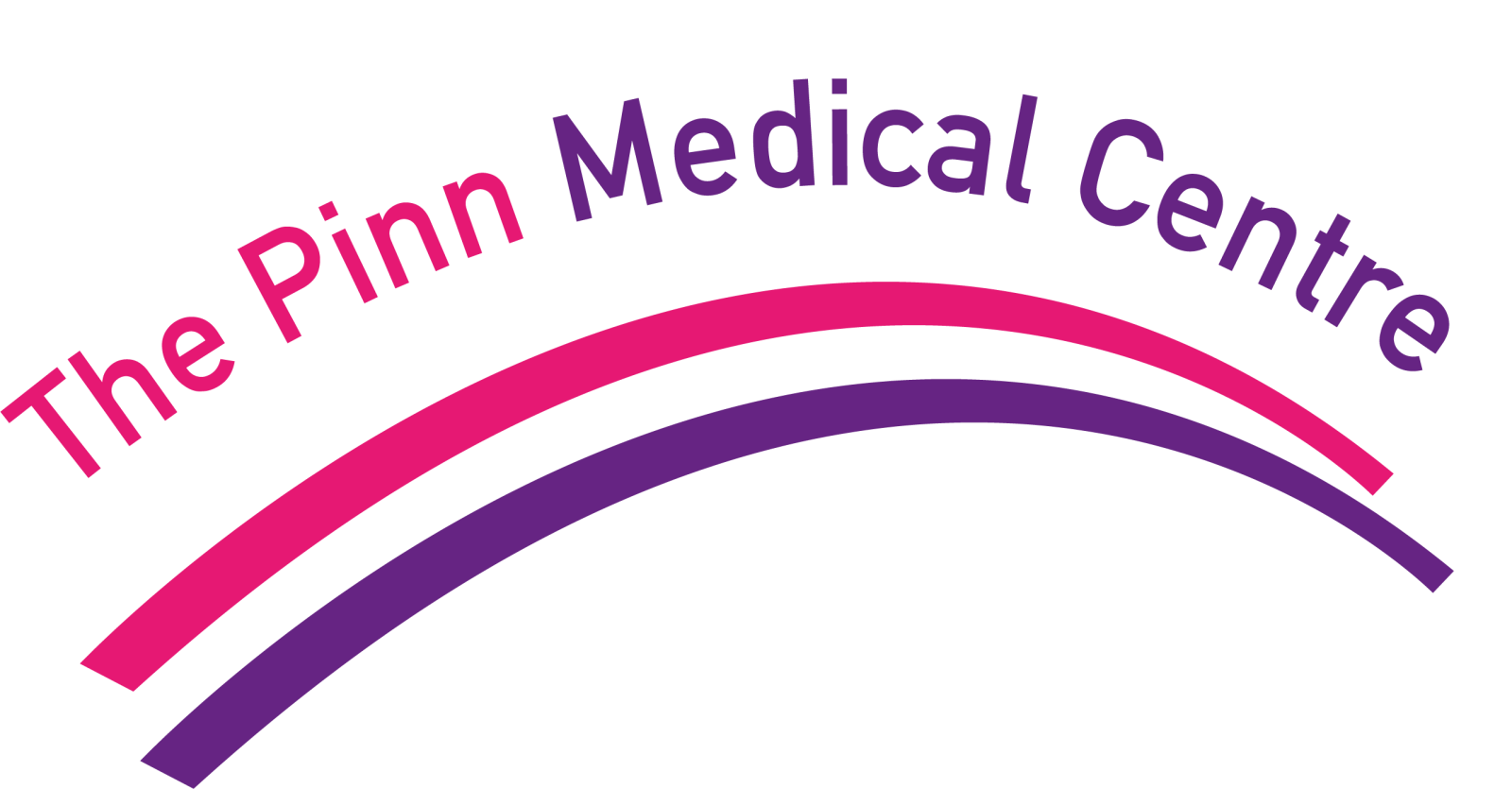
Health & Wellbeing Fair at The Pinn Medical Centre
Sunday 23ʳᵈ June 2024 1- 4pm
A community health fair for all the family!
- PMCPA raffle prizes include restaurant vouchers, rounds of golf and much more!
- Health screening, charities, local care and health stalls
- Fun activities for all the family to enhance your health and wellbeing together with your local community!
The Pinn Medical Centre, 37 Love Lane, Pinner, HA5 3EE.
Carters Chemist
We offer a wide range of health and wellbeing services:
- Pharmacy First
- Repeat Prescription Requests
- FREE Prescription delivery*
- FREE Blood Pressure checks
- COVID-19 Vaccinations
- FLU Jabs
- Travel Clinic
- EAR Wax removal
- NHS Contraceptive Pill supply
- Health & Beauty Products
24 Bridge Street, Pinner, HA5 3JF
www.carterschemist.co.uk
e-mail: info@carterschemist.co.uk
Tel: 020 8866 0053
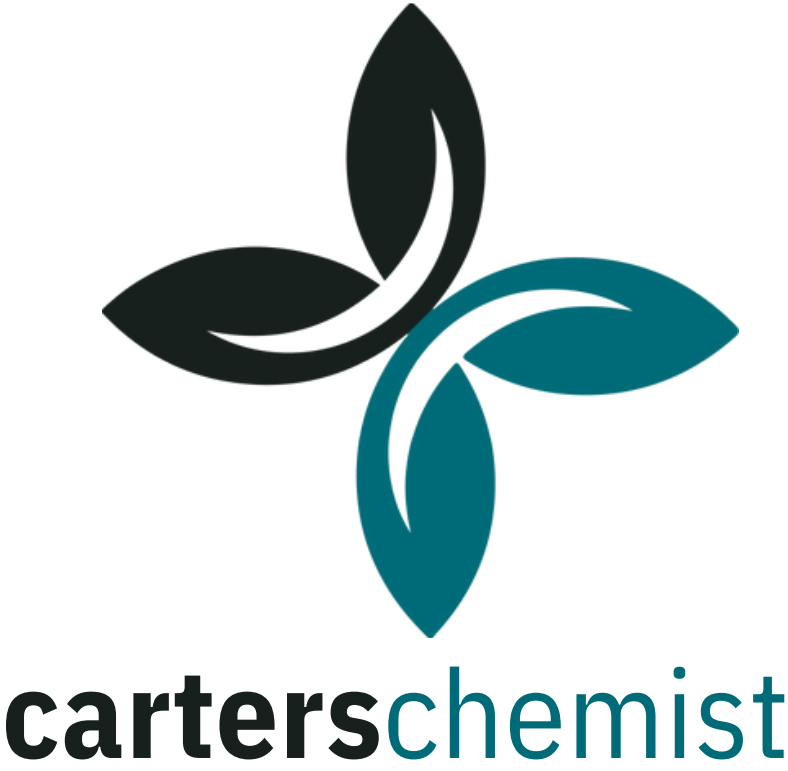
In future issues we will highlight:
- PATCHS - A “How to” Guide
- “A Day in the Life “ of.....
- Carers’ Group
- Healthwatch Harrow
- From the Dr’s Desk
- “Did you know?...”
- And more....
What would you like to see in the next edition of the Pinn Piper?
Please contact: pauline@pinnpatients.org
Published: Jun 4, 2024

